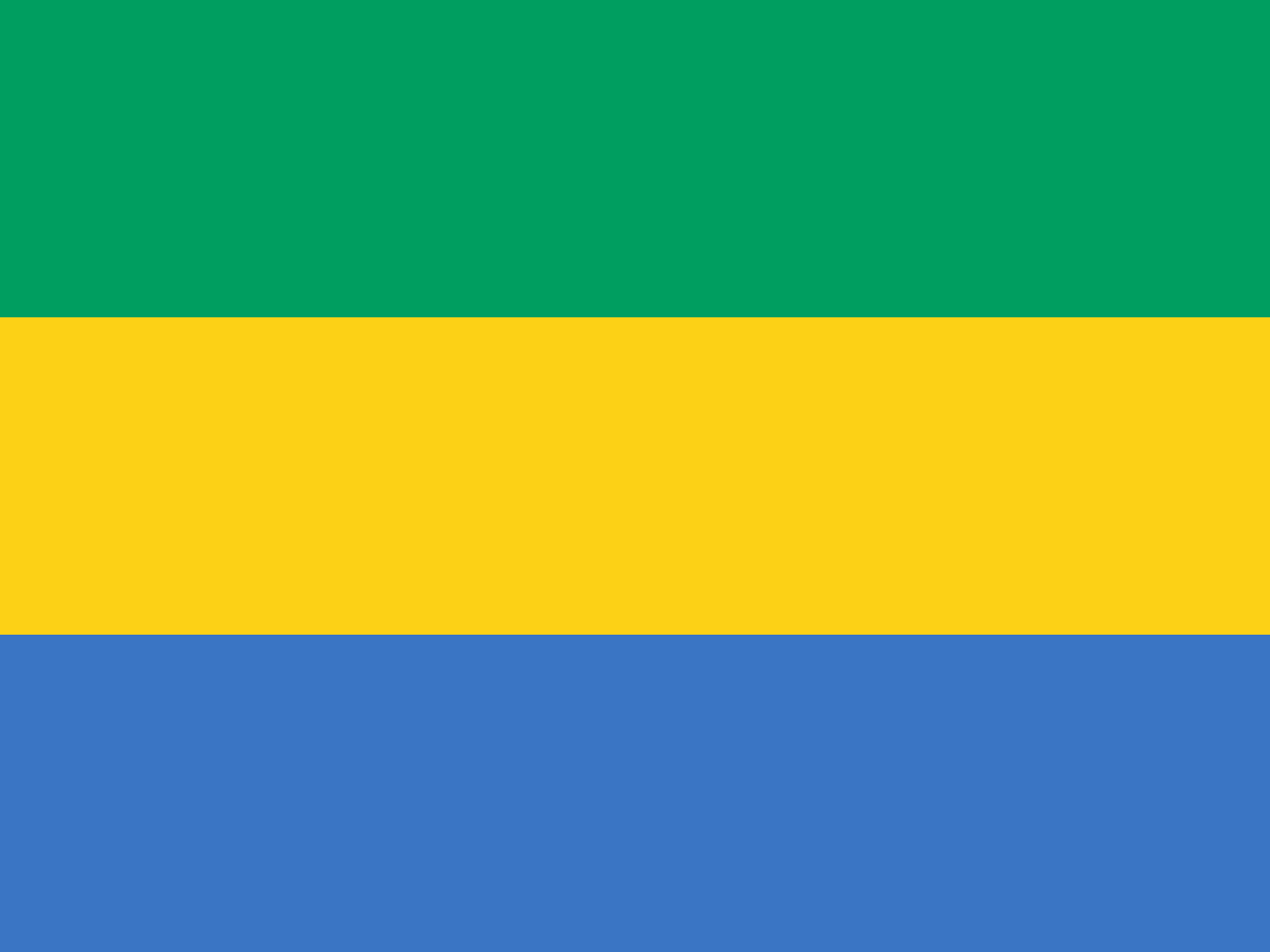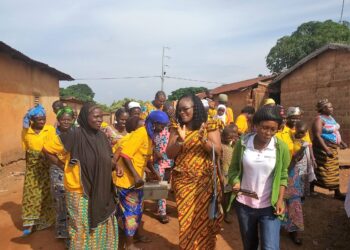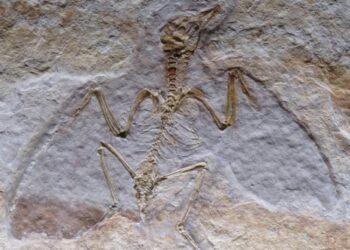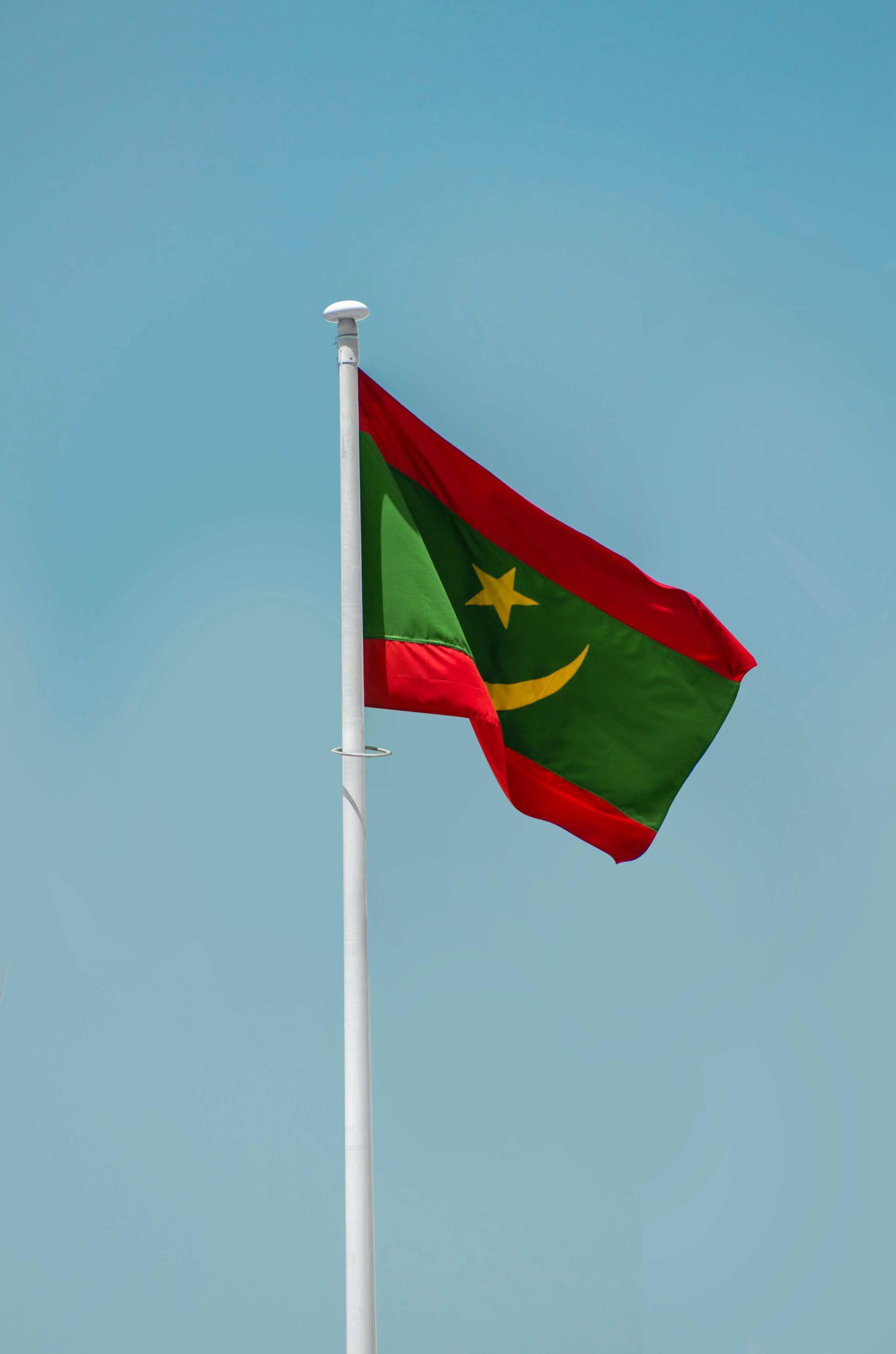On August 17, 1960, Gabon gained independence from France after 73 years of colonial rule. Located on the west coast of Central Africa, Gabon is home to nearly 2 million people and some of the most pristine rainforests on the planet.
As a country rich in natural resources like oil, uranium, and timber, Gabon has the potential for economic prosperity. However, much work remains to establish a more equitable distribution of wealth and strengthen democratic reforms. Though challenges persist, today is a day to recognize how far Gabon has come since that first sunrise nearly 60 years ago as an independent nation.
Gabon’s Path to Independence
Gabon gained independence from France on August 17, 1960. But the road to freedom was long. Gabon was a French colony for over 70 years, so breaking free required courage, organization, and perseverance.
In the 1950s, Gabon’s first political parties formed to demand independence. Activists – like Léon M’ba, the nation’s first president – organized strikes and protests to put pressure on France. The calls for liberation grew louder and more widespread.
Finally, in 1960, France agreed to grant Gabon independence. On August 17th, the tricolor flag of green, yellow, and blue was raised for the first time, marking Gabon as a sovereign nation. The capital city Libreville was filled with celebrations as people danced in the streets.
Gabon’s independence ushered in a new era. The country began to shape its own destiny, embracing both French and indigenous cultural influences. Natural resources gave Gabon economic potential. Over time, a distinctly Gabonese national identity emerged.
Though the path was long, Gabon’s independence set the stage for coming generations to fulfill the promise of a free, self-governing society. The jubilation of August 17, 1960 lives on today in Libreville’s Independence Square, a reminder of the moment when the chains of colonialism were broken forever. Gabon’s independence is a day for all Gabonese to celebrate.
How Gabon Gained Independence From France
Gabon gained independence from France on August 17, 1960, after years of gradual reforms and a peaceful transition of power. To understand Gabon’s independence, you have to go back to the late 19th century.
Around 1885, France claimed Gabon as a protectorate, essentially taking control of Gabon’s foreign affairs and trade. Gabon became part of French Equatorial Africa, a federation of French colonies in central Africa. For decades, France ruled Gabon and exploited its natural resources.
After World War II, France started reforming its colonial system. Gabon’s first political parties formed, calling for more self-government and independence. In 1956, Gabon became an autonomous republic within the French community, taking control of internal affairs.
On August 17, 1960, Gabon finally gained full independence from France. Léon M’ba became Gabon’s first president, ruling as a dictator for 14 years. Since independence, Gabon has endured periods of political turmoil and instability. But Gabon has also prospered from oil production and ecotourism, with a relatively high standard of living in West Africa.
Gabon Independence Day is a chance for Gabonese to celebrate their freedom and unique cultural heritage. Festivities include military parades, traditional dance performances, and speeches honoring Gabon’s history. Gabon has come a long way in 60 years of independence, but still has further to go to achieve its full potential. Overall, August 17, 1960 marked the birth of Gabon as we know it today.
How Gabon Celebrates Independence Day
On August 17th, Gabon celebrates its independence from France, gained in 1960. Independence Day is a vibrant national holiday filled with parades, festivals, and other celebrations.
Parades and Festivals
Parades with colourful costumes, music, and dancing take place in major cities like Libreville, the capital. The parades feature cultural groups showcasing traditional dances, like the ritual Bwiti dance. There are also festivals highlighting Gabonese cuisine, with traditional dishes like pâte à base de manioc (cassava leaves stew) and brochettes de viande (meat skewers).
- Crafts markets pop up, selling handmade masks, baskets, carvings and textiles
- Concerts feature popular local musicians singing in French and native languages like Fang
- Fireworks light up the night sky in a burst of red, green and yellow—the colors of the Gabonese flag
A Renewed Sense of Pride
Independence Day instills a strong sense of national pride in the people of Gabon. There is recognition of the struggles for freedom from colonial rule and a coming together to celebrate Gabon’s cultural heritage. People dress in the colors of the flag, display it outside their homes and businesses, and join together at events to reflect on how far Gabon has come as an independent nation.
Though a small country, Gabon has a distinctly vibrant culture worth honoring and preserving. Independence Day offers an opportunity for all Gabonese to reflect on their shared history, values and hopes for the future as a united people. The celebrations bring people together from all walks of life to appreciate the beauty in Gabon’s diversity. Overall, August 17th is a joyous time to be in Gabon and experience the contagious patriotism of the Gabonese people.
So there you have it, a quick glimpse into the history behind Gabon’s independence. August 17 is a day for all Gabonese to celebrate freedom and reflect on how far the country has come in the last 60 years.






